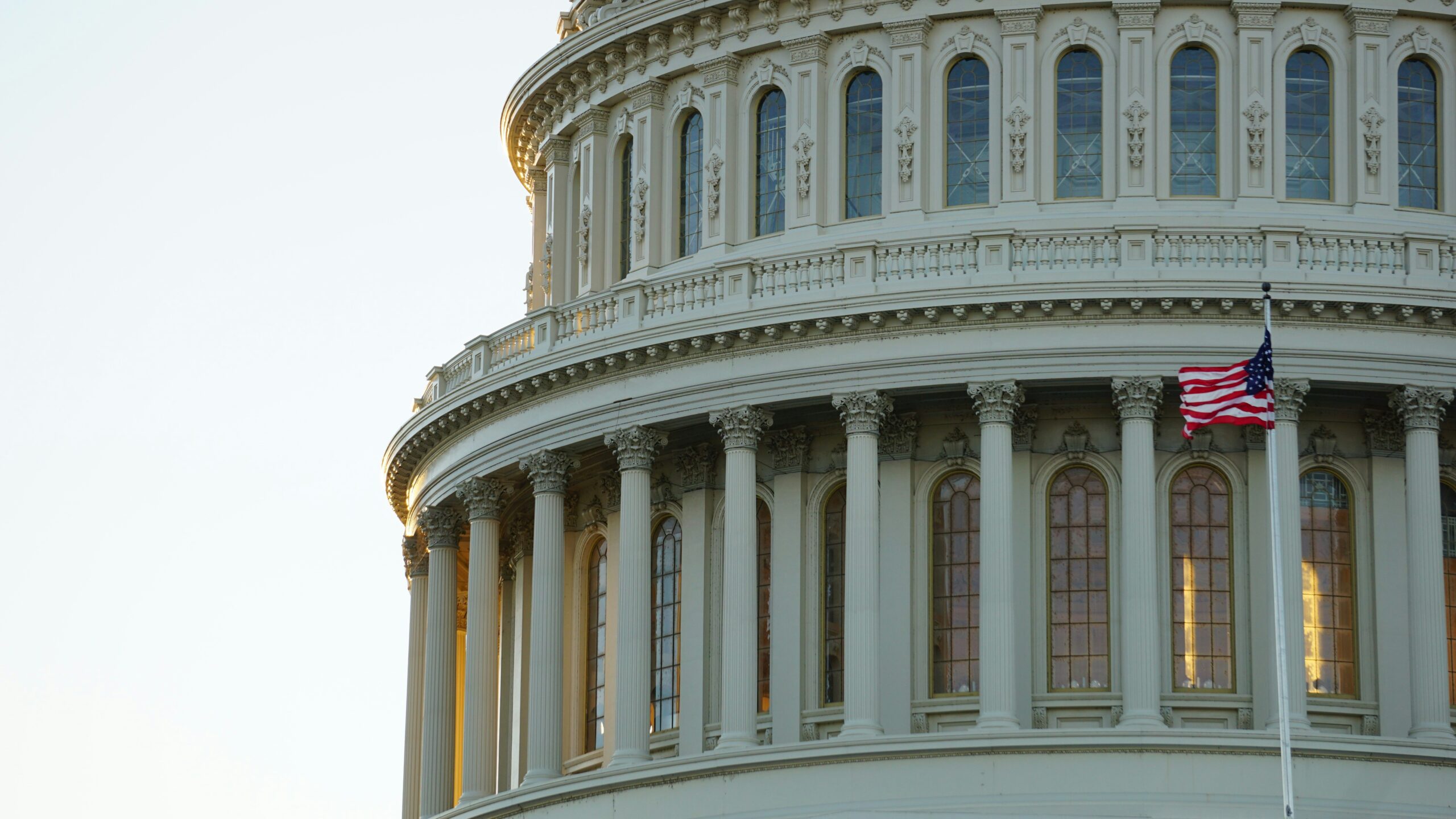Sweeping Healthcare Reforms Ahead:
Major Changes Under the One Big Beautiful Bill Act
Beyond tax changes, the One Big Beautiful Bill Act also makes big adjustments to how healthcare and social programs work in the U.S. The law adds new rules for people who get Medicaid or ACA Marketplace insurance, requiring most adults to work about 80 hours a month starting in 2027 to keep their benefits. It also removes automatic re-enrollment for ACA plans, meaning families will need to actively confirm their income and eligibility every year to stay covered. The extra subsidies that helped lower the cost of Marketplace health plans will start to phase out, which could make insurance more expensive for many Americans.
To help soften the blow, the bill sets aside $50 billion to support rural hospitals and expands telehealth access so people in small towns can reach doctors more easily. Still, experts warn these steps won’t fully make up for the cuts to Medicaid and other programs. Government agencies like CMS are already facing legal and policy challenges as they put the new rules in place, including a recent court decision in Texas that blocked one of its Medicaid funding rules. CMS also announced updates to Medicare’s drug program (Part D), which will change how much people pay for medications and how premiums are managed. Altogether, these shifts could lead to fewer people with health coverage and add more pressure on hospitals and low-income families nationwide.
2025 Tax Law Update
It changes taxes in several ways. Families will now get a bigger Child Tax Credit of $2,200 for each child, starting in 2025. The limit on state and local tax write-offs (called the SALT deduction) goes up to $40,000 for some households, but only for a few years.
From 2025 to 2028, there are new tax breaks. Tips you earn (like in restaurants) can be tax-free up to $25,000. Overtime pay also gets a break, up to $12,500 for single people or $25,000 for couples. People who buy a new U.S.-made car can deduct up to $10,000 of loan interest. Seniors 65 and older get an extra $6,000 deduction during this time too.
The law also creates “Trump Accounts” to help families save money. Babies born between 2025 and 2028 get $1,000 from the government to start an account. Parents can add up to $5,000 each year, and some employers can add up to $2,500. The money can grow tax-free and later be used for health, school, or retirement.
The government is also spending more on safety. About $150 billion goes to the military and another $170 billion goes to border security, like officers, technology, and detention centers.
For programs like SNAP (food stamps) and Medicaid (health insurance for low-income people), the rules are changing. Adults may need to meet more work requirements to keep their benefits. These rules will be set fully by 2027.
In education, new Workforce Pell Grants will help people pay for short job-training programs. There will also be new limits on federal student loans starting in 2026, which means students may not be able to borrow as much as before.
Overall, the bill gives families and workers new tax breaks but also increases government spending and is expected to add to the national debt.
One Big Beautiful Bill Signed
The One Big Beautiful Bill Act, signed into law on July 4, 2025, enacts the largest tax overhaul since 2017—making tax cuts permanent, boosting deductions for families and small businesses, and creating “Trump Accounts” for savings.
In exchange, it slashes nearly $1 trillion from Medicaid, SNAP, and student loan programs, repeals green energy incentives, expands border and defense funding, and is projected to raise the federal deficit by up to $3.8 trillion by 2034.
Supporters advertise it as a win for small business, national security, and economic freedom, while critics warn of increased uninsured rates, social service rollbacks, and long-term fiscal and environmental risks—making it one of the most polarizing bills ahead of the 2028 elections.





